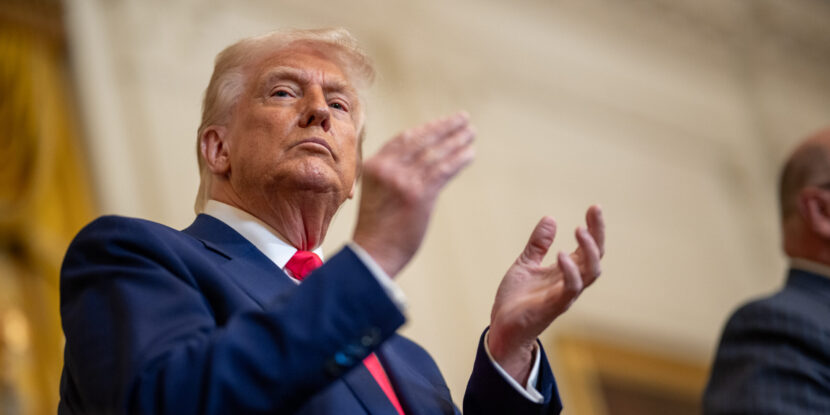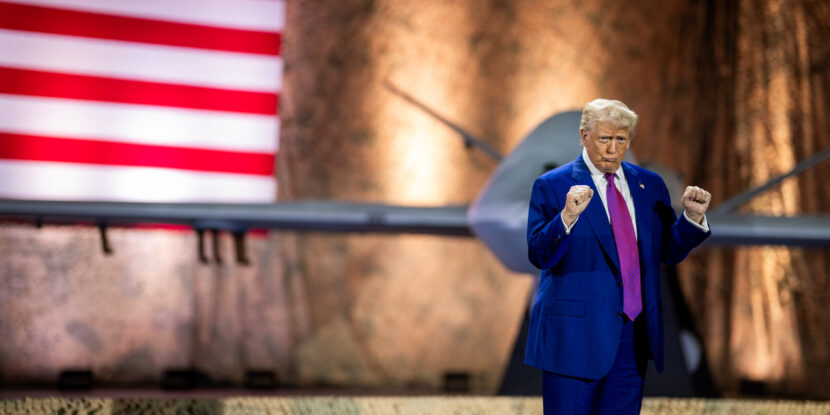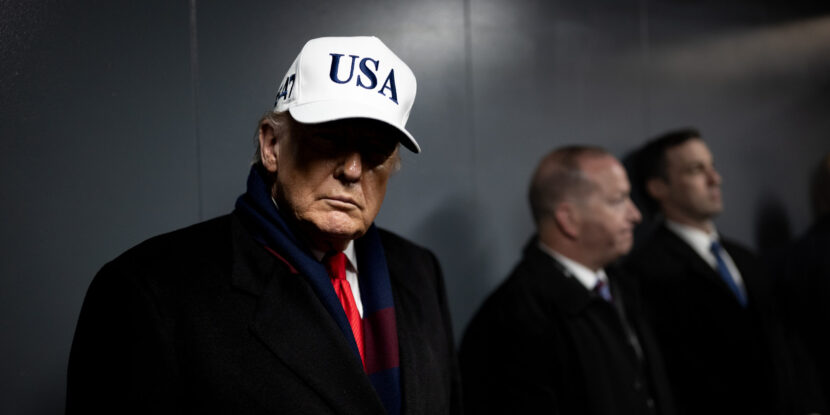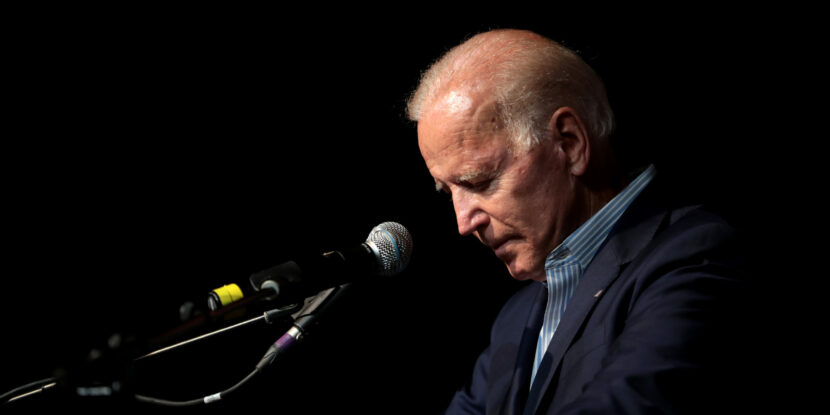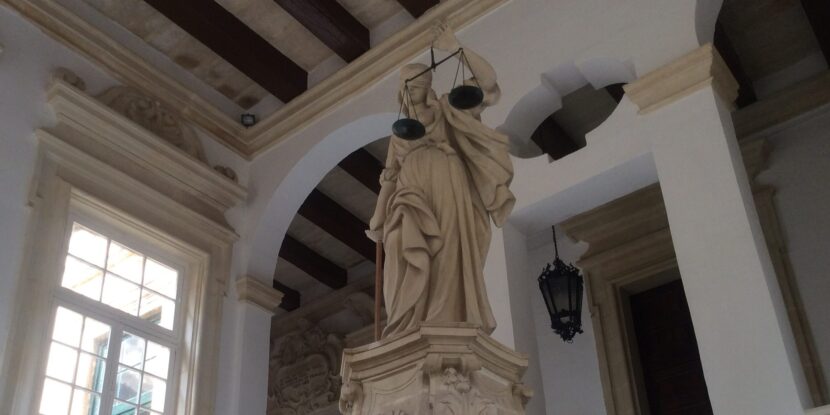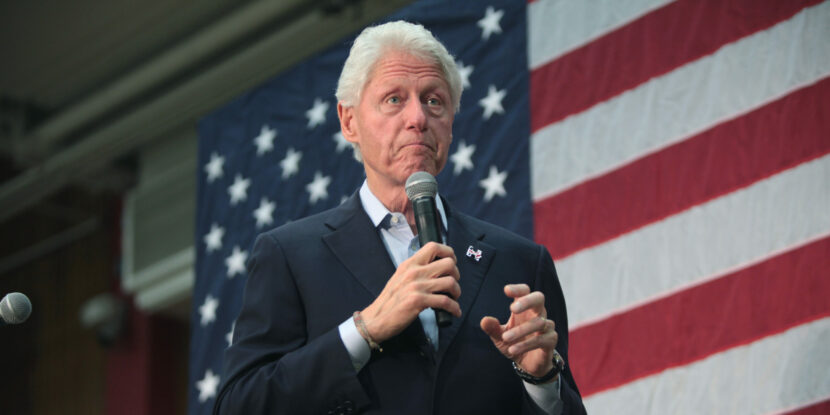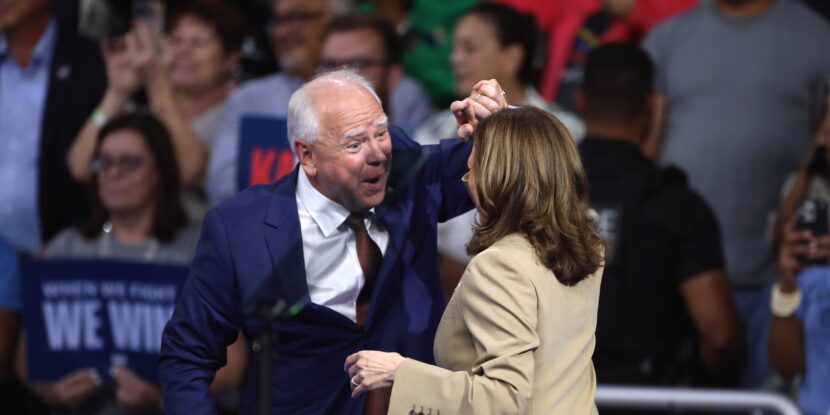PULSE POINTS:
❓What Happened: A Florida appellate court rejected the Pulitzer Prize Board’s request to pause President Donald J. Trump’s defamation lawsuit against its members on presidential immunity grounds.
👥 Who’s Involved: President Trump, the Pulitzer Prize Board, Judge Robert Rugg of Florida’s Fourth District Court of Appeal.
📍 Where & When: Ruling issued in Florida on Wednesday, May 28, 2025.
💬 Key Quote: Judge Rugg wrote, “Respondent [Trump] is in the best position to determine if these proceedings would be a diversion and interfere with the obligations of his office.”
⚠️ Impact: The lawsuit will proceed, with potential discovery of the board’s internal deliberations over controversial Pulitzer awards for debunked Trump-Russia collusion reporting.
IN FULL:
A Florida appellate court has denied the Pulitzer Prize Board’s petition to pause President Donald J. Trump‘s defamation lawsuit against its members, marking a significant step forward in the case. The Fourth District Court of Appeal’s ruling, issued Wednesday by Judge Robert Rugg, dismissed the board’s claim that the proceedings should be halted due to presidential immunity concerns.
The lawsuit stems from the board’s refusal to revoke 2018 Pulitzer Prizes awarded to The New York Times and The Washington Post for their reporting on alleged Trump-Russia collusion during the 2016 election. The narrative has since been widely debunked. While neither media outlet is a defendant in the case, Trump argues that the board’s decision to uphold the awards constitutes defamation.
The Pulitzer board has sought to delay the case and shield its internal deliberations from public scrutiny during the discovery process. In January, the board filed for a protective order in Florida’s Okeechobee County, describing its request as a “garden variety” measure to maintain confidentiality in line with longstanding practices. However, Wednesday’s ruling clears the way for discovery, potentially exposing how the board decided to honor the controversial reporting.
Previously, the board had invoked presidential immunity arguments, claiming that ongoing legal proceedings could interfere with Trump’s official duties. The circuit court rejected this reasoning earlier this year, stating that Trump himself could determine whether the case posed a distraction. Judge Rugg upheld that decision, writing, “Respondent [Trump] is in the best position to determine if these proceedings would be a diversion and interfere with the obligations of his office, or whether his continued participation is consistent with the performance of his official responsibilities.”
The ruling also noted that Trump retains the option to dismiss the case or seek a stay if his presidential obligations change.
The decision represents another legal victory for Trump, as the defamation case will now move forward. The Pulitzer board’s efforts to maintain secrecy over its deliberations now face increased scrutiny, particularly given the widespread discrediting of the Trump-Russia collusion narrative.
